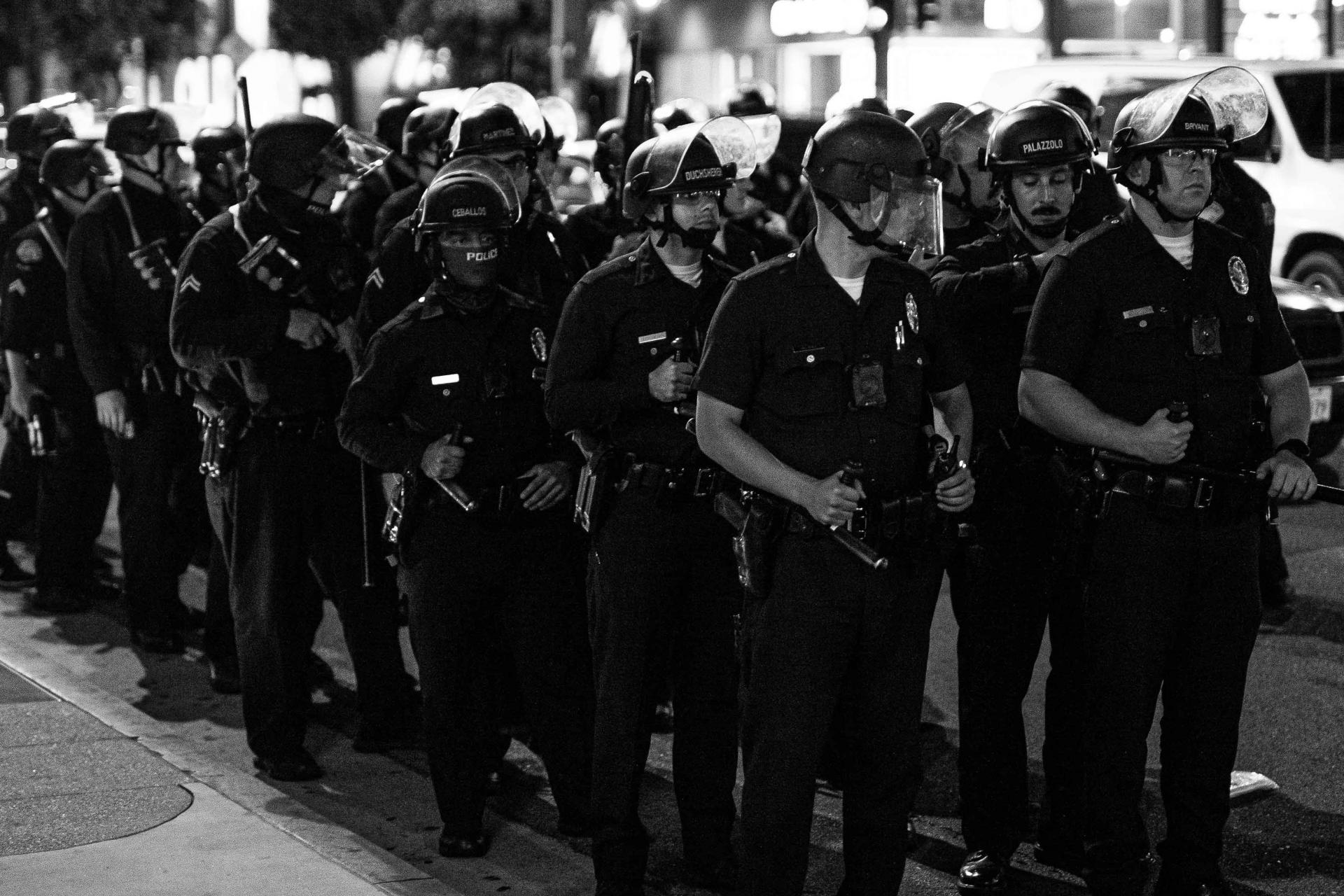CJS Seminar: Jonathan Goldberg-Hiller

Location:
Teaching Room 07
Edinburgh Law School
Old College
South Bridge
Edinburgh
EH8 9YL
and Zoom
Date/time
Tue 1 November 2022
16:00-17:30
The Crime, Justice & Societey Seminar Series presents
It came upon you in the dark: Nocturnal governance and American interracial violence
Prof Jonathan Goldberg-Hiller, University of Hawaii Mānoa
About the seminar
This talk presents a history of American interracial violence in order to illustrate the ways nocturnal vigilantism has enabled the rights of whites to bear arms, while concomitantly disarming Blacks. The persistent duty of disarmament, which I identify as one of the main functions and meanings of the militia, has frequently operated at night when Blacks have asserted freedom of movement and have thus been identified as dangerous to white interests. The militia is a core republican concern, but I argue that the influential political philosophy of republicanism lacks a theory of the night that could account for this nocturnal vigilantism, which has historically allowed this violence to endure into the contemporary period without adequate critique.
About the speaker
Jonathan Goldberg-Hiller is Professor of Political Science at the University of Hawai‘i at Mānoa where he teaches sociolegal theory. He is the author of The Limits to Union: Same-sex Marriage and the Politics of Civil Rights (University of Michigan Press, 2004), and Plastic Materialities: Politics, Legality, and Metamorphosis in the Work of Catherine Malabou (Duke University Press, 2015; with Brenna Bhandar). His new book, Law by Night (forthcoming Duke University Press), explores the significance of night and darkness for understanding law’s perpetuation of social inequalities including race, gender, houselessness, and colonial subordination. He has published widely on issues of legal aesthetics, sexuality, violence, and indigenous rights. His research has generally focused on forms of governance created in opposition to rights and law including unions’ boycotts of labor law, conservatives’ resistance to same-sex marriage and sexual civil rights, and Native Hawaiian opposition to federal recognition. He has also published more philosophically-oriented work on nocturnal legality, legal aesthetics, the legal and political implications of Catherine Malabou’s concept of plasticité, and Native Hawaiian ontology as critique of American colonial legality (along with Noenoe Silva). He is co-editor of a book series, Global and Insurgent Legalities at Duke University Press, and former co-editor of The Law & Society Review. He serves on the Editorial Board of Studies in Law, Politics and Society and International Editorial Board of Social and Legal Studies.
This event is free and open to all, registration is required
Attend in Person: Register on Eventbrite
Attend Virtually: Register on Zoom
Image credit: Photo by Andrew Valdivia on Unsplash